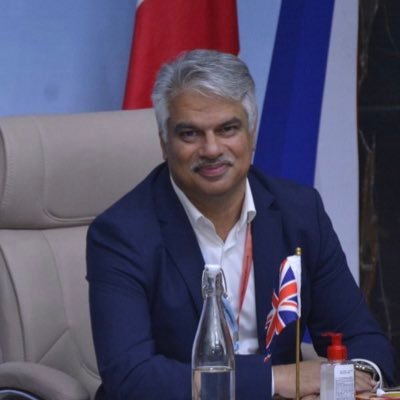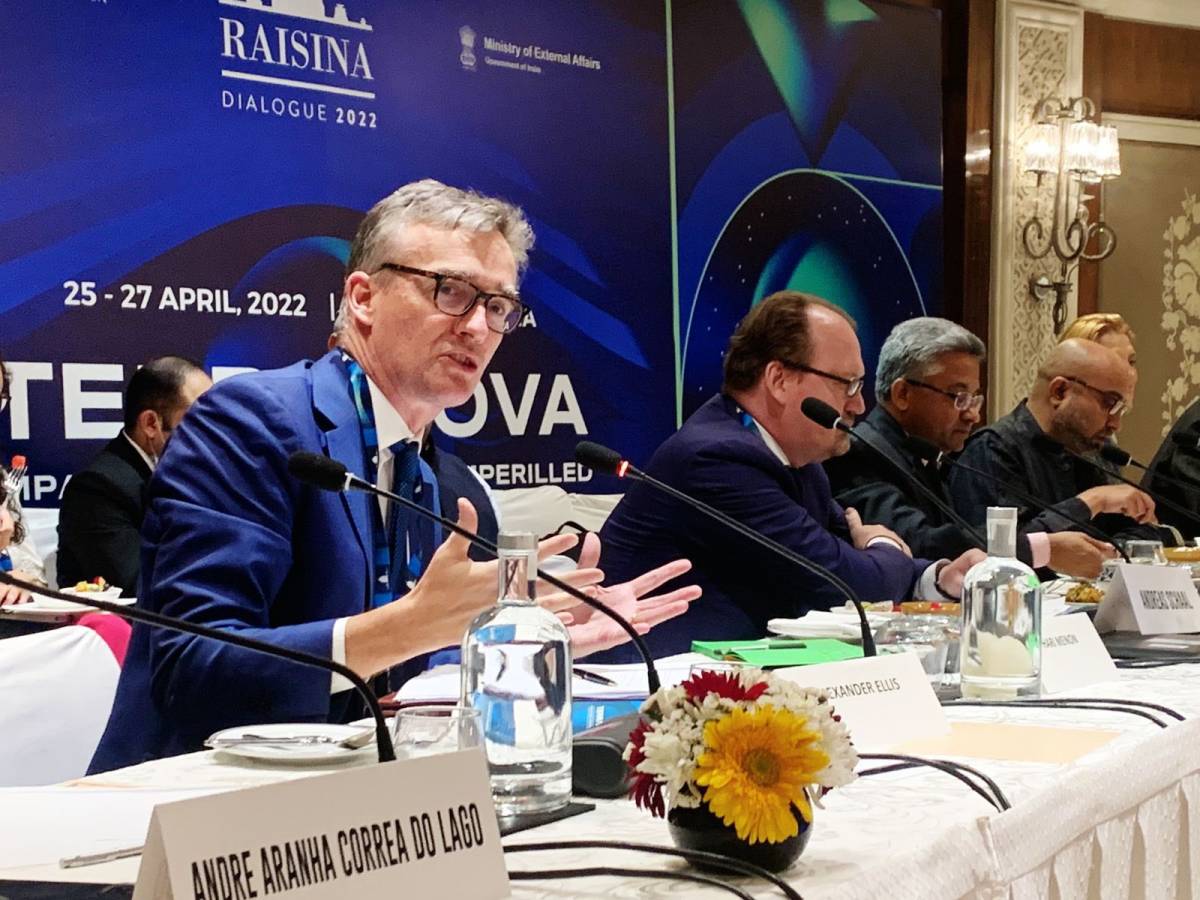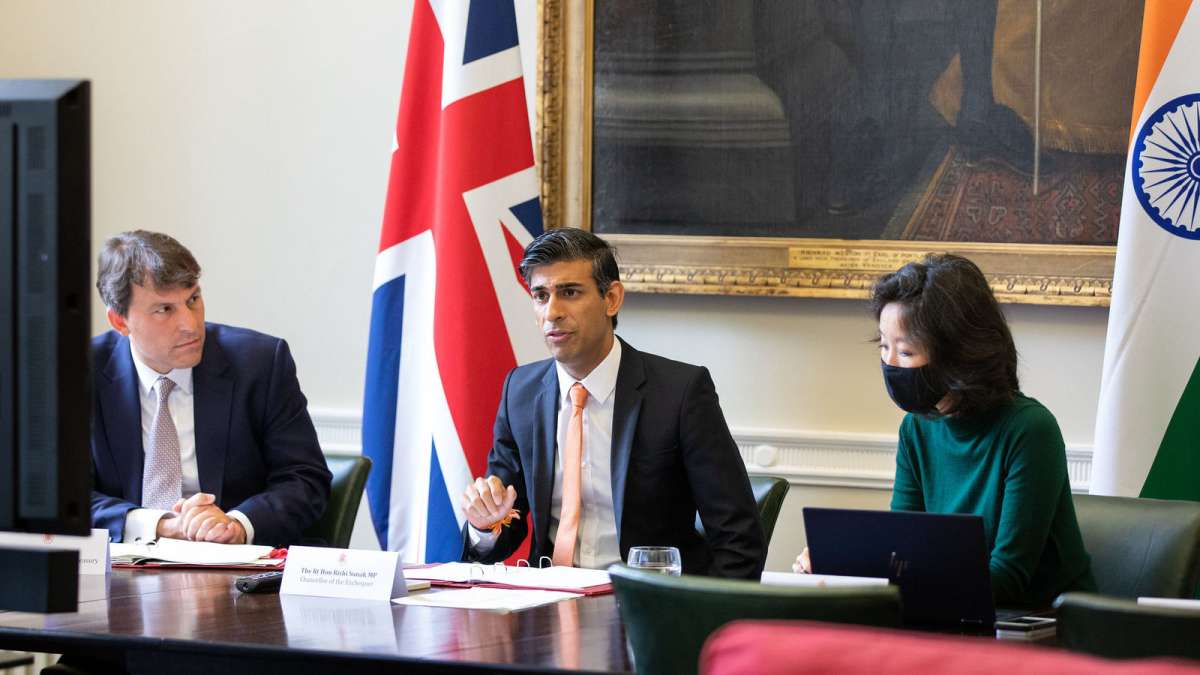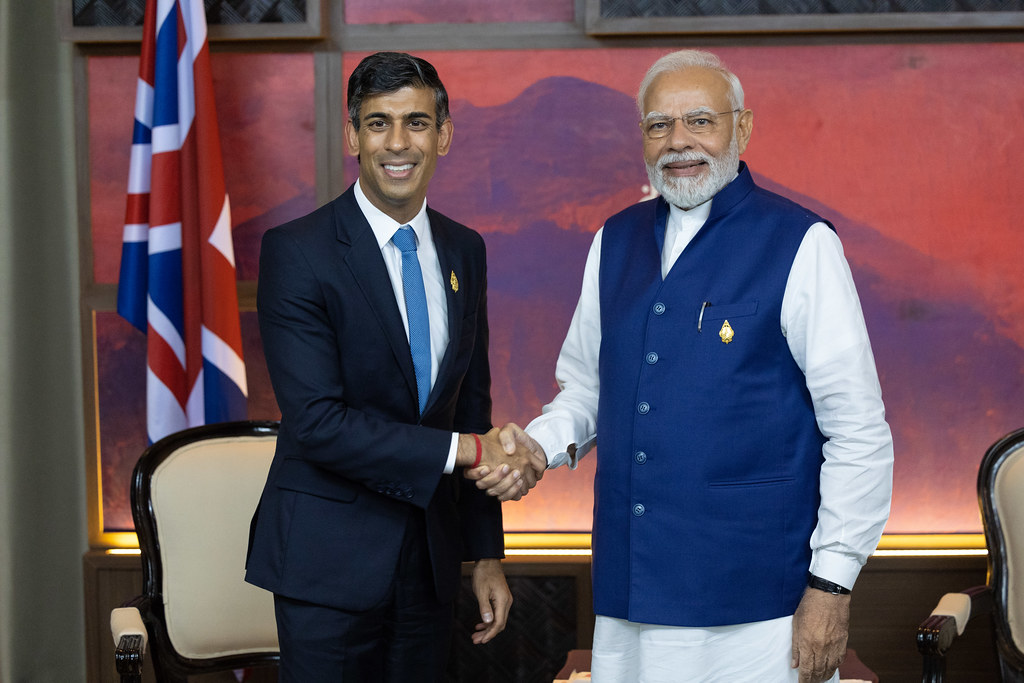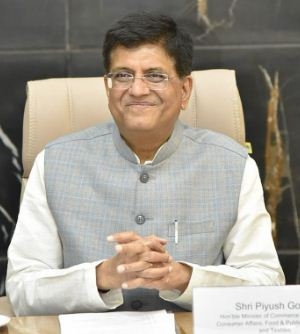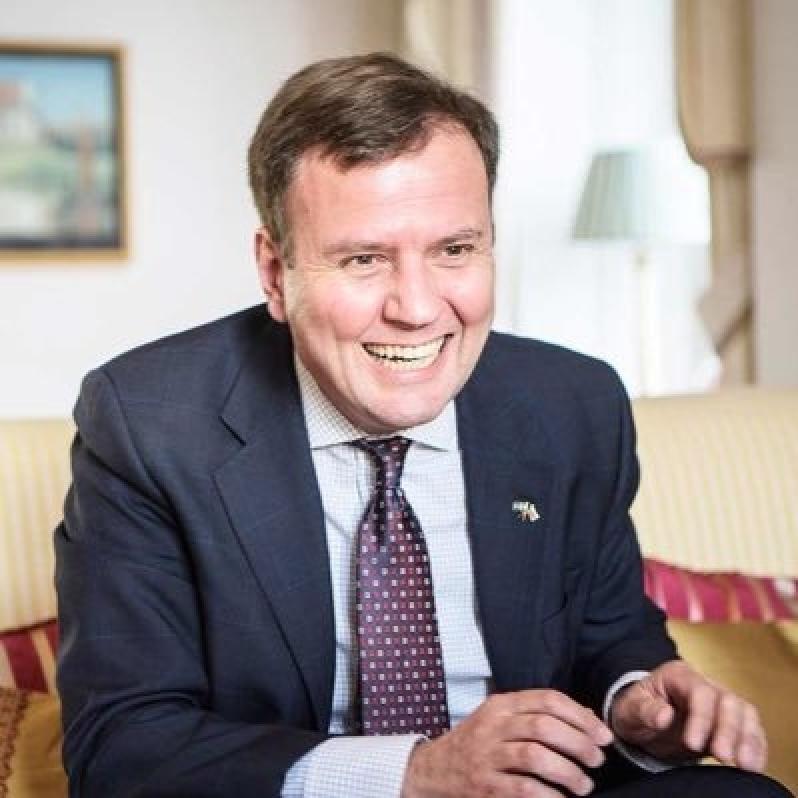India accounts for about 20 per cent of the world’s supply of generic medicines, 62 per cent of the world’s vaccines and 80 per cent of the anti-HIV medicines used across Africa…reports Asian Lite News
Over 200 health, development and human rights groups on Sunday sought the resignation of the UK’s chief negotiator in the India-UK Free Trade Agreement talks, objecting to his former pharmaceutical industry ties that they claim could undermine India’s capacity to produce inexpensive generic drugs.
The groups, from India and nearly 40 other countries, said the appointment of the current chief negotiator, Harjinder Kang, who had previously worked with a pharmaceutical company for nearly three decades, “runs counter to the need for impartiality and independence”. The groups have, in a joint letter to UK trade secretary Kemi Badenoch, also expressed concern about a leaked chapter from the proposed FTA that they said appeared to represent “a wish list” of the pharmaceutical industry.
The proposals include closing the right to challenge purportedly unjustified patents on medicines before they are granted, extending monopoly patents beyond 20 years and watering down transparency on the status of patent applications.
India accounts for about 20 per cent of the world’s supply of generic medicines, 62 per cent of the world’s vaccines and 80 per cent of the anti-HIV medicines used across Africa. The proposed changes to patent rules can affect access to medicines in developing countries and the world at large, the groups said in their letter, also sent to India’s trade and commerce minister Piyush Goyal.
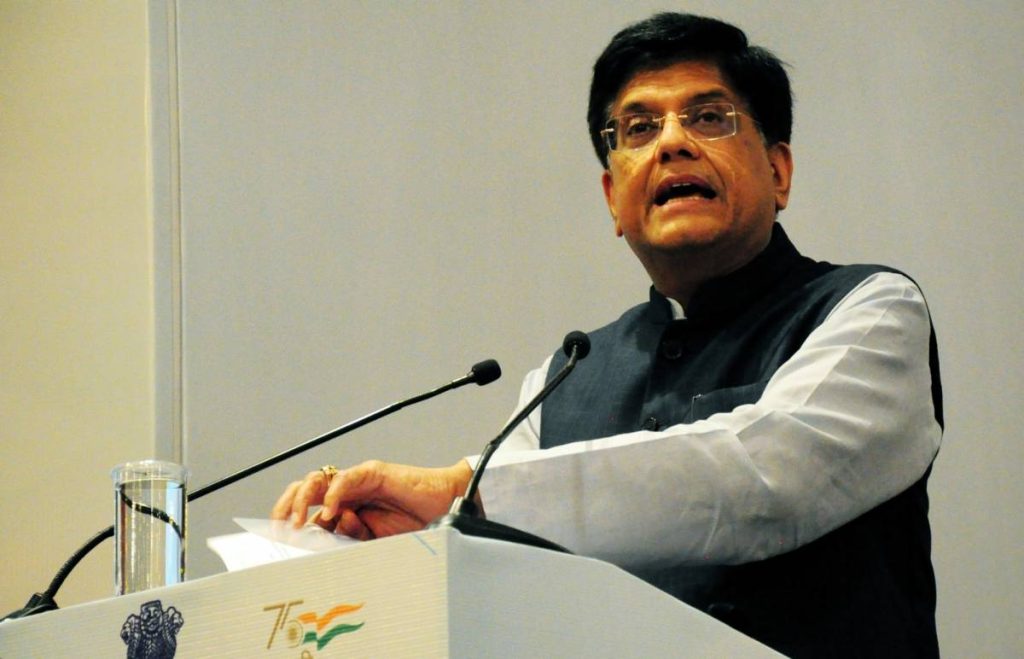
“The measures which the UK is now trying to force through would damage India’s generic medicines industry and make essential drugs harder to access in the UK and globally,” said Tim Bierley, pharma campaigns manager with Global Justice Now, a UK-based non-government agency.
The groups said India’s current patent rules allow for a balance between commercial interests and public health needs while fully adhering to the World Trade Organisation’s rules. India has developed an ecosystem of reserving patents for genuinely new compounds while ensuring timely generic competition on which global health relies, they said.
K.M. Gopakumar, a lawyer and researcher with the Third World Network, a platform tracking global trade and health issues, said that if the UK succeeded in imposing its intellectual property demands, India’s generic drug manufacturing capacity “will be hamstrung”.

The demand for the resignation follows earlier opposition to any inclusion of strict intellectual property provisions in the FTA. In December, 35 British and Indian health organisations had cautioned that the UK National Health Service drug prices were under threat from the FTA. Generic competition, primarily from India, has helped slash the prices of standard anti-HIV drugs by 99 per cent, from more than $10,000 in the year 2000 to less than $100 today, enabling a scale-up of global treatment to cover over 28 million people. Leading global health organisations, including the Global Fund and Unicef, too rely heavily on Indian generic drugs, the groups said.
The signatories to the letter include the People’s Health Movement, Third World Network, Knowledge Ecology International, Health Global Access Project, and health and patients’ rights groups from Asia, Africa, South America, Canada, the UK and the US.

